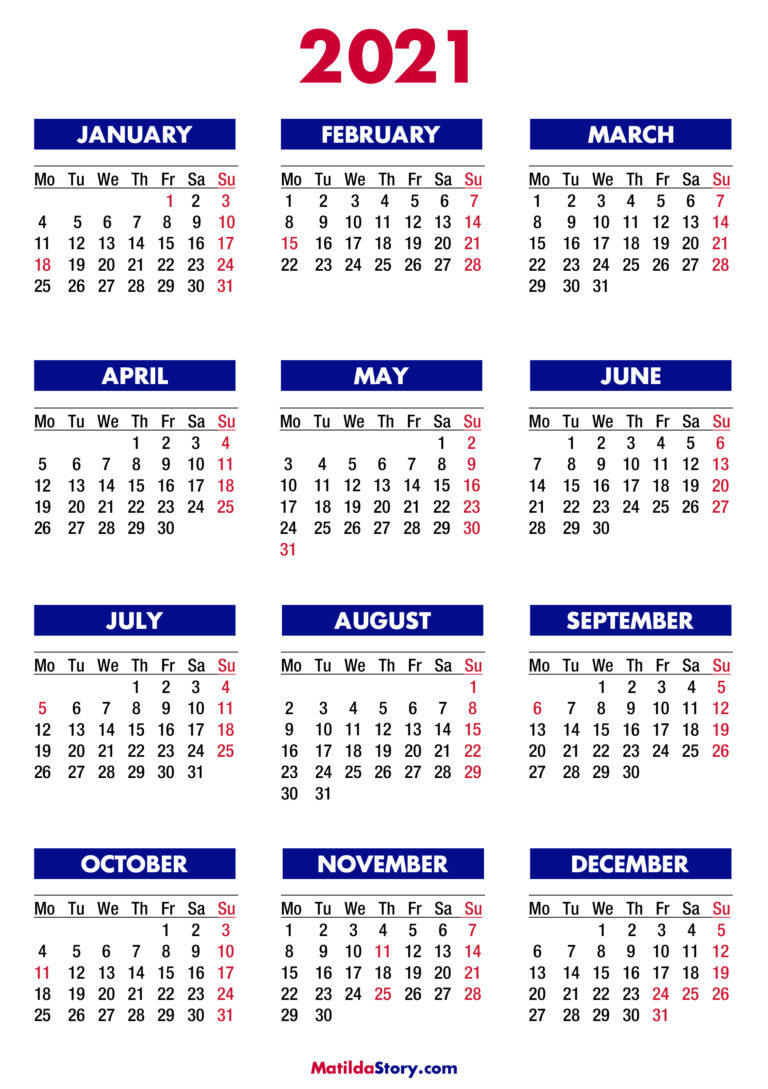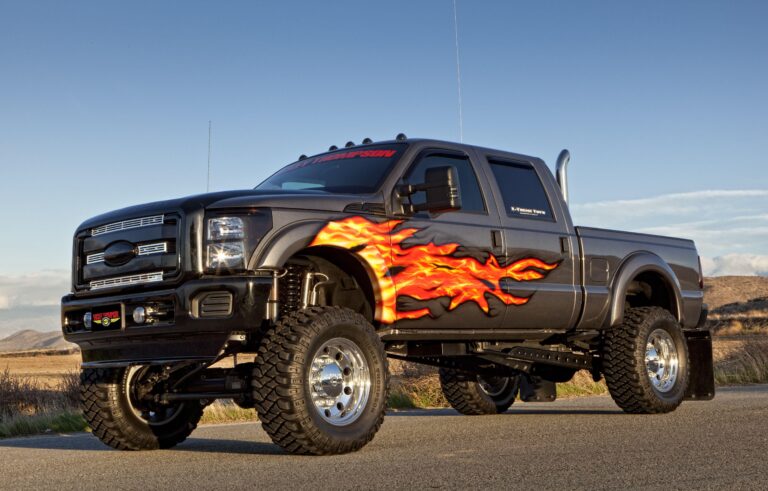3 French Car Brands: A Deep Dive into Automotive Excellence
3 French Car Brands: A Deep Dive into Automotive Excellence cars.truckstrend.com
France, a nation synonymous with art, fashion, and culinary delights, also boasts a profound legacy in the automotive industry. French car brands are celebrated worldwide for their distinctive design flair, innovative engineering, and unparalleled commitment to comfort. They don’t just build cars; they craft driving experiences that reflect a unique cultural ethos – a blend of practicality, aesthetic appeal, and a certain je ne sais quoi.
This comprehensive guide delves into the world of three iconic French automotive giants: Peugeot, Renault, and Citroën. Each brand, with its rich history and forward-looking vision, has carved out a unique niche, influencing global automotive trends and captivating generations of drivers. We’ll explore their heritage, design philosophies, technological innovations, current offerings, and what makes them stand out in a highly competitive market.
3 French Car Brands: A Deep Dive into Automotive Excellence
1. Peugeot: The Lion’s Roar of Precision and Elegance
Peugeot, a brand with a history stretching back to the early 19th century as a coffee mill and bicycle manufacturer, entered the automotive world in 1889. It is one of the oldest and most respected car manufacturers globally. Known for its iconic lion emblem, Peugeot has evolved from a producer of reliable family cars into a purveyor of sophisticated, technologically advanced vehicles with a sporty edge.
History & Heritage
Peugeot’s journey is marked by a relentless pursuit of innovation. From its early tricycles and quadricycles to the legendary 205 GTi that dominated rally stages, and more recently, its pioneering work in diesel technology and electric vehicles, Peugeot has consistently pushed boundaries. Its rallying success has instilled a sporting DNA into many of its road cars.
Design Philosophy
Modern Peugeot design is characterized by sharp lines, muscular proportions, and a distinctive "claw-effect" LED lighting signature. The interiors, especially with the "i-Cockpit," are a hallmark: a small, flattened steering wheel, a high-mounted instrument cluster (often digital), and a central touchscreen. This ergonomic layout aims to provide an intuitive and engaging driving experience, prioritizing driver focus and cabin aesthetics.
Technological Innovation
![]()
Peugeot has been at the forefront of several automotive advancements. Its PureTech petrol and BlueHDi diesel engines are renowned for efficiency and performance. In recent years, the brand has aggressively pursued electrification, offering a growing range of fully electric (e-series) and plug-in hybrid models across its popular segments. Advanced driver-assistance systems (ADAS) are standard, enhancing safety and convenience.
Current Portfolio & Market Positioning
Peugeot offers a diverse range, from the stylish 208 supermini and 308 compact hatchback to the highly successful 2008, 3008, and 5008 SUVs. The 508 sedan and SW (station wagon) represent the brand’s premium aspirations. Peugeot positions itself as a mainstream brand with a premium feel, offering sophisticated design, quality materials, and engaging driving dynamics at competitive prices.
Key Strengths & Unique Selling Points
- Distinctive i-Cockpit: A unique and engaging driver’s environment.
- Sharp, Modern Design: Eye-catching exteriors and well-appointed interiors.
- Engaging Driving Dynamics: Often praised for their agile handling and comfortable ride.
- Strong Electrification Push: A growing range of competitive EV and PHEV models.
Challenges & Future Outlook
Like all manufacturers, Peugeot faces the challenge of transitioning to an all-electric future while maintaining profitability. Supply chain issues and intense competition also pose hurdles. However, with its strong design identity, commitment to technology, and integration within the Stellantis group, Peugeot is well-positioned for continued growth, particularly in the SUV and electrified segments.
Practical Advice for Peugeot Buyers
Consider a Peugeot if you value distinctive design, a modern interior, and an engaging driving experience. Test drive the i-Cockpit to ensure it suits your preference. Pay attention to trim levels, as higher trims significantly enhance the premium feel. Resale values tend to be solid, especially for popular SUV models.
2. Renault: The Heart of French Mobility and Innovation
Renault, founded in 1898 by Louis Renault and his brothers, has played a pivotal role in democratizing mobility, particularly in Europe. From its early taxis and military vehicles to iconic family cars and Formula 1 dominance, Renault has always been about making advanced technology accessible to the masses.
History & Heritage
Renault’s history is rich with groundbreaking models. The 4CV brought motoring to the post-war French public, the Renault 4 became a global icon of utility, and the Espace pioneered the MPV segment. Renault’s long-standing success in motorsport, particularly Formula 1, underscores its engineering prowess and commitment to performance.
Design Philosophy
Renault’s design philosophy has evolved through various eras, but a consistent theme has been "Voitures à Vivre" – cars for living. This translates into practical, spacious, and often cleverly designed interiors, coupled with exteriors that blend modern aesthetics with a touch of approachable elegance. Recent designs emphasize flowing lines and bold front fascias.
Technological Innovation
Renault has been a pioneer in many areas, including safety (e.g., early adoption of crumple zones), turbocharging, and most notably, electric vehicles. It was one of the first mainstream manufacturers to commit heavily to EVs with models like the ZOE, establishing a significant lead. Their engine technology is known for efficiency and reliability.
Current Portfolio & Market Positioning
Renault’s lineup spans from the popular Clio supermini and Captur compact SUV to the Arkana coupé-SUV and the new Megane E-Tech Electric. The Kangoo and Trafic models cater to commercial vehicle needs. Renault positions itself as a mainstream brand offering practical, comfortable, and technologically advanced vehicles, with a strong focus on electrification and connectivity.
Key Strengths & Unique Selling Points
- Pioneer in EVs: A leader in electric vehicle technology and range.
- Practicality & Comfort: Known for spacious interiors and a smooth, comfortable ride.
- Strong Value Proposition: Often offers a good balance of features, performance, and price.
- Modern Design: Contemporary styling that appeals to a broad audience.
Challenges & Future Outlook
Renault faces stiff competition from Asian and German brands, as well as the need to rapidly scale up its EV production and charging infrastructure. The brand is streamlining its operations and investing heavily in new platforms and software-defined vehicles. With its "Renaulution" strategy, Renault aims to pivot towards higher-value segments and solidify its leadership in electrification.
Practical Advice for Renault Buyers
Renault cars are a great choice for those prioritizing practicality, comfort, and increasingly, electric mobility. Their modern infotainment systems are user-friendly. Check for the latest safety features, as Renault often scores well in Euro NCAP tests. Maintenance costs are generally competitive.
3. Citroën: The Avant-Garde of Comfort and Innovation
Citroën, founded by André Citroën in 1919, is arguably the most distinctive of the French car brands. From its inception, Citroën has been synonymous with bold innovation, unconventional design, and an unwavering commitment to occupant comfort. It’s the brand that dared to be different.
History & Heritage
Citroën’s history is a parade of automotive firsts and iconic models. The Traction Avant (1934) introduced unibody construction and front-wheel drive to mass production. The 2CV (1948) became a beloved symbol of minimalist mobility. The DS (1955) redefined luxury and ride quality with its hydropneumatic suspension, becoming an automotive legend. This spirit of innovation continues today.
Design Philosophy
Citroën’s design is often described as quirky, avant-garde, and supremely comfortable. While some past designs were truly radical, contemporary Citroën focuses on "Advanced Comfort" – combining plush seating, sophisticated suspension systems, and an airy, uncluttered cabin environment. Exteriors often feature distinctive elements like "Airbumps" and unique lighting signatures.
Technological Innovation
Beyond its legendary hydropneumatic suspension, Citroën has pioneered many comfort-enhancing technologies. Modern Citroën vehicles feature "Progressive Hydraulic Cushions" (PHC), which aim to replicate the "magic carpet ride" of the past without the complexity. They also focus on sound insulation, ergonomic seating, and intuitive digital interfaces to enhance the overall comfort experience. Like its siblings, Citroën is also embracing electrification with models like the Ami and electric variants of its popular cars.
Current Portfolio & Market Positioning
Citroën’s current lineup includes the C3 supermini, C4 compact hatchback (also available as an EV), and the C5 Aircross compact SUV. The unique Ami, an urban electric quadricycle, showcases Citroën’s innovative approach to urban mobility. Citroën positions itself as a brand focused on well-being and affordability, offering vehicles that prioritize comfort and ease of use above all else.
Key Strengths & Unique Selling Points
- Unrivaled Comfort: The "Advanced Comfort" program ensures a supremely smooth and quiet ride.
- Distinctive Design: Unique, often quirky aesthetics that stand out from the crowd.
- Practicality & User-Friendliness: Intuitive layouts and smart storage solutions.
- Focus on Well-being: Cars designed to reduce stress and enhance the driving/traveling experience.
Challenges & Future Outlook
Citroën faces the challenge of carving out its unique identity within the Stellantis group, ensuring its comfort-centric philosophy resonates with a broader global audience. While its quirky designs are a strength, they can also be polarizing. The brand is focused on expanding its electric range and continuing to innovate in the comfort space.
Practical Advice for Citroën Buyers
Choose a Citroën if comfort is your absolute top priority. These cars excel at soaking up bumps and offering a relaxed driving experience. Their unique design might not appeal to everyone, but if it does, you’ll appreciate its distinctiveness. They offer good value for money and are generally reliable, with a focus on ease of ownership.
Choosing a French Car: General Considerations
When considering a French car, remember these general characteristics:
- Comfort is Key: All three brands, to varying degrees, prioritize ride comfort. If you spend a lot of time on less-than-perfect roads, a French car will likely impress you.
- Distinctive Design: French cars rarely blend into the background. They offer unique styling inside and out.
- Focus on Technology & Safety: Expect modern infotainment systems, advanced driver aids, and good safety ratings.
- Electrification: All three are heavily invested in electric and hybrid powertrains, offering strong options in this growing segment.
- Maintenance: Parts availability and service expertise can vary by region. In Europe, they are widely serviced and parts are readily available. Outside of Europe, it’s worth checking local support.
Illustrative Price Table: Popular Models from 3 French Car Brands
Disclaimer: The prices listed below are illustrative estimates in Euros (€) for new models in European markets as of late 2023/early 2024. Actual prices vary significantly based on trim level, engine choice, optional extras, regional taxes, incentives, and dealership promotions. This table is intended for comparative purposes only and does not represent real-time market pricing.
| Brand | Model | Segment | Illustrative Price Range (New, €) | Key Feature/Highlight |
|---|---|---|---|---|
| Peugeot | 208 | Supermini | €20,000 – €30,000 | Stylish design, i-Cockpit, available as e-208 EV |
| 3008 | Compact SUV | €35,000 – €50,000 | Premium interior, engaging drive, available PHEV | |
| 508 | Mid-size Sedan/SW | €40,000 – €60,000 | Elegant design, comfortable cruiser, powerful engines | |
| Renault | Clio | Supermini | €18,000 – €28,000 | Practical, fuel-efficient, E-Tech hybrid option |
| Captur | Compact SUV | €25,000 – €38,000 | Versatile interior, compact, available PHEV | |
| Megane E-Tech Electric | Compact EV | €38,000 – €50,000 | Dedicated EV platform, Google-powered infotainment | |
| Citroën | C3 | Supermini | €17,000 – €27,000 | Comfortable ride, customizable, quirky styling |
| C5 Aircross | Compact SUV | €30,000 – €45,000 | Advanced Comfort suspension, spacious, family-friendly | |
| Ami | Urban EV (Quadricycle) | €8,000 – €10,000 | Ultra-compact, accessible, unique urban mobility |
Frequently Asked Questions (FAQ) about French Car Brands
Q1: Are French cars reliable?
A1: Modern French cars, especially from Peugeot, Renault, and Citroën, have significantly improved their reliability ratings over the years. They often score comparably to other mainstream European brands in consumer surveys. Regular maintenance is key, as with any car.
Q2: Are French cars expensive to maintain?
A2: Generally, maintenance costs for French cars are on par with other non-premium European brands. Parts are readily available in markets where they are sold in high volumes. Specialized components or complex repairs might be more costly, but routine servicing is competitive.
Q3: Why are French cars known for comfort?
A3: This stems from a historical design philosophy that prioritized ride quality and passenger well-being, partly due to varying road conditions in Europe. Citroën, in particular, pioneered advanced suspension systems. Today, all three brands integrate features like plush seating, good sound insulation, and compliant suspensions to enhance comfort.
Q4: What’s the main difference between Peugeot, Renault, and Citroën?
A4: While all are French, they have distinct personalities:
- Peugeot: Emphasizes sporty driving dynamics, a premium feel, and sharp, sophisticated design (e.g., i-Cockpit).
- Renault: Focuses on practicality, value, mainstream appeal, and has been a pioneer in electric vehicles.
- Citroën: Prioritizes ultimate comfort, unique and avant-garde design, and a focus on well-being and ease of use.
Q5: Are French cars available globally?
A5: Yes, but their market presence varies. They are dominant in Europe and have a strong presence in parts of Asia, Africa, and South America. Their availability in North America is more limited, with Peugeot having exited the US market decades ago (though Stellantis, its parent company, is a major player there).
Q6: What about their electric vehicle (EV) offerings?
A6: All three brands are heavily invested in electrification. Renault has been a pioneer with models like the ZOE and now the Megane E-Tech Electric. Peugeot offers electric versions of its popular models (e.g., e-208, e-2008). Citroën also has electric variants (e.g., e-C4) and unique urban EVs like the Ami. They offer a growing range of fully electric and plug-in hybrid options across their lineups.
Conclusion: The Enduring Charm of French Automotives
Peugeot, Renault, and Citroën represent the vibrant and diverse spirit of French automotive engineering. From Peugeot’s sophisticated sportiness and Renault’s accessible innovation to Citroën’s avant-garde comfort, each brand offers a unique perspective on mobility. They are not merely car manufacturers; they are custodians of a rich heritage, constantly evolving to meet the demands of a changing world while staying true to their distinctive identities.
As the automotive landscape shifts towards electrification, connectivity, and autonomous driving, these three French titans are poised to continue their legacy of innovation and design. Choosing a French car means opting for a vehicle that often prioritizes driving pleasure, passenger comfort, and a certain undeniable flair, making them a compelling choice for discerning drivers worldwide.




